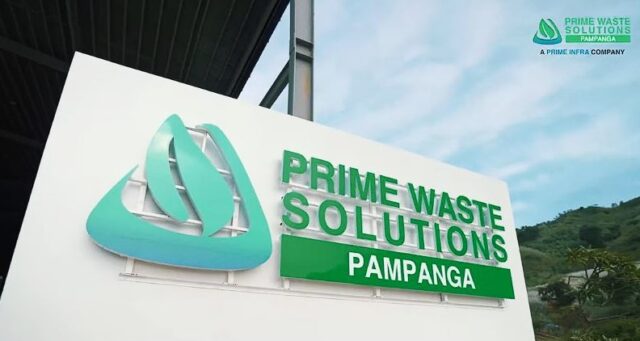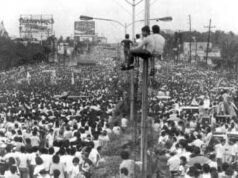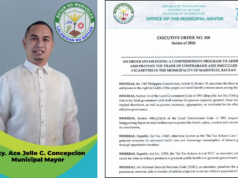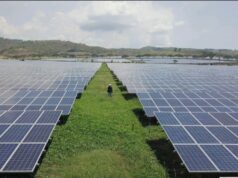PRIME, AS in first in authority, e.g. prime minister; or in significance, e.g. prime example.
Prime, as in of highest value, e.g., prime lot; or in quality, e.g., prime cut.
Prime, as in the highest point of a period, e.g., the prime of life.
Everything exaltedly exceptional comes with prime, in both the English lexicon and everyday language. Alas, everything infernally dismal becomes Prime, capitalized and commercialized in water and waste. As things hereabouts turned out.
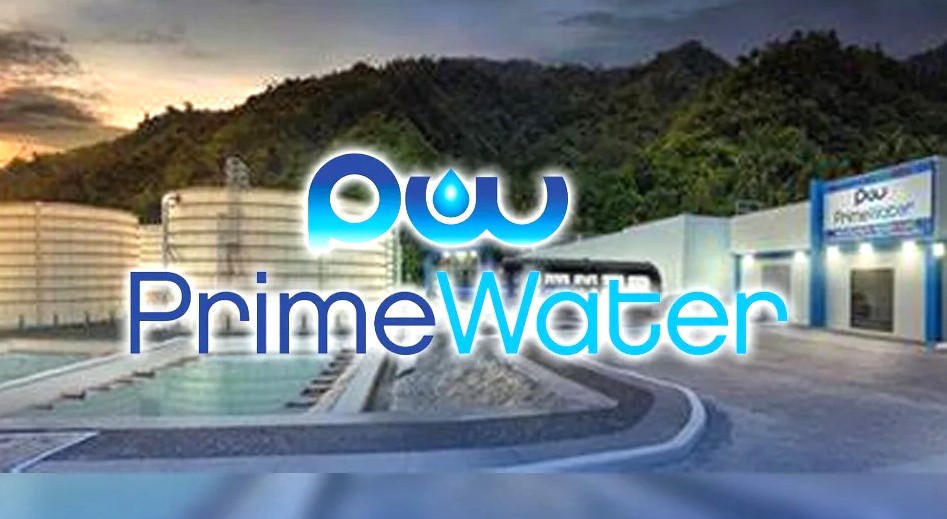
PrimeWater Infrastructure Corp., owned by Billionaire Villar, so mesmerized local water districts all over the country with its vaunted wealth, richness of experience in the industry, and bruited-about promise of “total professional water and sewage management solutions” that they obsequiously handed over their facilities to the corporate titan – pumps, pipes, tanks, taps, sink, and all on a silver platter.
PrimeWater has impressed its colossal footprint, per its own claim, in “16 regions, over 124 cities and municipalities from Cagayan Province in the north to Zamboanga Special Economic Zone in the south. Producing more than 400 million liters of processed and treated water daily…” And thereby hangs a tale: of a pipe dream.
PrimeWater’s promised hundreds of million liters of processed, treated water delivered in either the intermittent drip or in abundant flow of foul-smelling liquid ranging in color from urine yellow to fecal brown to septic black. Unfit even for plant, much less human, use.
Thence came the tsunami of denunciation of PrimeWater’s utter disservice to the communities it is bound, by joint venture agreements with the local water districts, to serve well.
No less than President Ferdinand Marcos Jr. ordered an investigation of PrimeWater on the magnitude of its failure to comply with its obligation. Remarked Palace Press Officer Claire Castro: “Tandaan po natin, ang estimated po na sinasabi na naaapektuhan po ng hindi magandang serbisyo ng PrimeWater ay umaabot na po sa 16 million na katao. So, kailangan lang po talaga itong mabilisang maaksiyunan.”
Already, a number of the local water districts have initiated action to pre-terminate their JVAs with PrimeWater.
In disservice too has Prime Integrated Waste Solutions (Prime Waste) made its name most manifest in Pampanga, most impactfully in Porac town where it is sited.
At its opening in June 2024 as a materials recovery facility, Prime Waste declared its “commitment to industrialize the waste management system in the country,” meriting laudations from Environment Secretary Maria Antonia Yulo-Loyzaga, thus: “It is truly inspiring to witness how Prime Infra companies as well as the government—national and local—have come together to build a healthier, safer, and cleaner environment for all of us.”
Segued she to pandering adulation: “We in the DENR are here to applaud the investment of Prime Integrated Waste Solutions Inc. and the local government for taking this big step together. We look forward to seeing more such facilities in the future, and we’re here to support each and every LGU in their journey towards a climate-resilient and environmentally safe future.”
If only for this, Marcos Jr. should not have waited for the elections just past before ignominiously banishing Yulo-Loyzaga from the DENR.
Of late, Prime Waste is the very problem it purported to solve.
Barangay Planas, once pristine with what the old folk say as the cleanest, freshest, coolest air in all of Porac, has been reduced by the Prime Waste to a loathsome wasteyard.
The company’s MRF only collects residual wastes which are baled and wrapped in plastics and stored unburied in an area within its site. Unlike a sanitary landfill, where the waste is buried and covered with layers of soil.
Waste management experts have long said that long term storage of baled and wrapped residual wastes is unsanitary because of the possibility of leachate occurring which can seep through the aquifer and contaminate groundwater, posing risk to human health and the environment.
Other adverse effects of baled wastes noted are soil and air pollution, foul odor, pest and rodent infestations, landscape alteration, methane emissions, leachate management challenges, and negative impact on local ecosystems.
Of these, Barangay Planas residents are deep in sufferance.
Going back to the opening of the MRF, president and CEO Guillaume Lucci of the parent company Prime Infra trumpeted: “Our current waste management process is really built around resource recovery. We plan to invest in a waste-to-fuel facility here that will convert the waste into fuel for ships, airplanes, trucks, and so on and so forth. This is an integral part of Prime Infra’s sustainability initiatives.”
Heralding a “new age of waste disposal,” Prime Waste claimed to use state-of-the-art equipment procured from Europe and Asia such as vibrating sieves, baler systems, magnetic separators, as well as air density separator to maximize resource recovery.
Highly doubtful that resource recovery is even adequate, much less maximized. Doubtless that the Prime Waste MRF is nothing less than a noxious dumpsite. As things smell, obnoxiously, there now.
As in waste, so in water: put Prime, get grimed. Add one to the other: PrimeWaster, company merger making hell for consumers.


